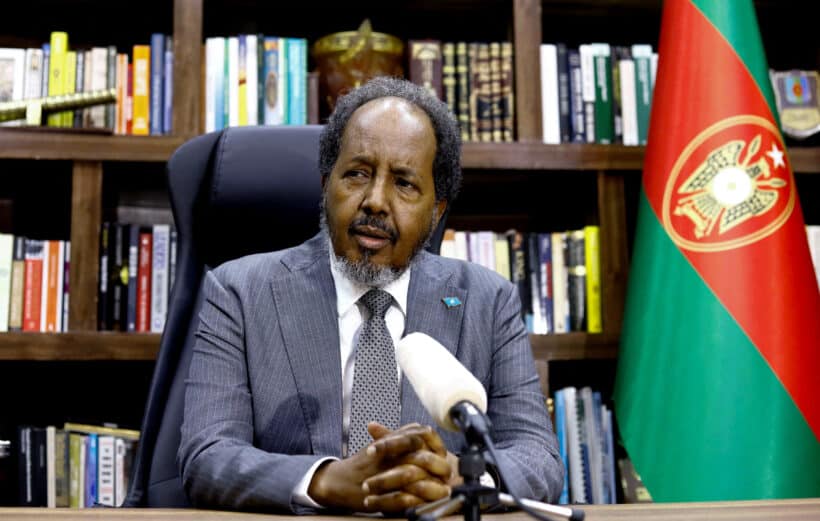
MOGADISHU, Aug 8 (Reuters) – Somalia’s cabinet approved a bill on Thursday that, if confirmed by parliament, will revert the country’s election system to universal suffrage for the first time in decades, ending a process of indirect voting, the government’s spokesperson said.
Amid widespread insecurity caused by an Islamist insurgency and weak state structures, in recent years lawmakers voted for the president, while clan heads and elders elected lawmakers in both the federal government and regional states.
The country had initially been scheduled to move to direct voting in 2020, but protracted squabbles among politicians and persisting insecurity across the country forced the government to retain the indirect ballot.
“The election rules will lead the country to one person one vote nationally,” government spokesperson Farhan Jimale said in a statement.
“(This) will give the citizens the power to vote and elect for the first time after 55 years. It is a historic day” he said.
The policy was announced last year by President Hassan Sheikh Mohamud, who was elected by lawmakers for a five-year mandate in May 2022.
Its roll-out faces significant logistical and security challenges because of the lack of infrastructure and al Shabaab, an Islamist militant group, maintains control over large swathes of the country.
(Reporting by Abdi Sheikh; Writing by Hereward Holland; Editing by Toby Chopra)

